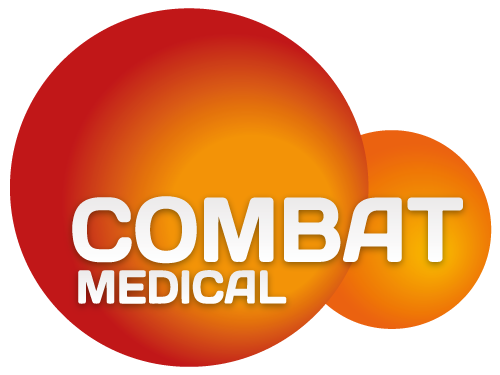In healthcare, few challenges are as complex and multifaceted as cancer diagnosis. However, the arrival of artificial intelligence (AI) is heralding a new era in cancer care, promising greater accuracy, speed, and personalisation. Welcome to the future of medicine.
The Role of AI in Overcoming The Challenges of Traditional Diagnostic Methods
AI’s role is to augment and enhance the traditional diagnostic methods, addressing their shortcomings and opening new possibilities for early and accurate diagnosis, thus having the potential to save hundreds of thousands of lives worldwide each year.
How AI Works in Cancer Diagnosis
AI algorithms, particularly machine learning and deep learning, analyse medical data to identify patterns indicative of cancer. This includes imaging, genetic information, and patient history.
Advanced Imaging Analysis
AI excels in interpreting complex medical images, such as MRIs and CT scans, often detecting subtleties that may elude human eyes.
Genetic Data Interpretation
AI’s ability to process vast genetic information can uncover potential cancer markers much faster than traditional methods.
As you can see, the integration of AI into cancer diagnosis offers numerous benefits:
- Increased Accuracy: AI can reduce false positives and negatives, leading to more reliable diagnoses.
- Speed: AI algorithms work at unprecedented speeds, potentially reducing waiting times for diagnosis.
- Personalised Diagnosis: AI can help tailor diagnosis to individual genetic profiles, leading to personalised treatment plans.
Case Studies Highlighting AI’s Impact
Various institutions and research centres have already begun implementing AI in cancer diagnosis. These case studies showcase tangible improvements in accuracy and efficiency. There are also many examples of tech companies partnering with medical institutions, highlighting how this healthcare revolution is bringing two distinct disciplines together, fighting for the same cause.
Cautions over Ethics and Practical Considerations
While AI offers immense potential, it also raises ethical and practical concerns, such as data privacy. There is also the need for human monitoring and oversight.
Emerging Technologies and Innovations
The future promises even more advanced AI technologies, including predictive analytics and personalised medicine approaches.
The Role of Big Data and Cloud Computing
Big data and cloud computing will play pivotal roles in handling the vast amount of data required for AI-driven diagnosis.
The Global Impact and Accessibility
AI’s impact on cancer diagnosis is not limited to high-income countries; it has the potential to revolutionise healthcare in parts of the world with limited resources as well.
Innovative Worldwide Startups
Here are ten innovative startups, mainly from the United States, that are at the forefront of employing AI for early cancer detection. These startups utilise advanced algorithms, deep learning, and machine learning to analyse medical images, genetic data, and other parameters, thereby transforming oncology and offering new hope to patients all over the world. These companies are:
- CureMetrix (California, USA): Specialises in AI for image analysis to identify lung and breast cancer in x-rays and mammograms.
- Enlitic (Australia): Focuses on deep learning-supported diagnostics and has partnerships to expand in the Australian and Asian healthcare markets.
- Freenome (Philadelphia, USA): A genetics startup that concentrates on blood tests for early detection of multiple cancer types using genetics and AI.
- Cyrcadia (Nevada, USA): Develops a breast patch using machine learning to detect temperature changes in breast tissue.
- Entopsis (Miami, USA): Works on a device primarily for oncology, autoimmune disorders, and rare diseases.
- Globavir Biosciences, Inc.: Uses a machine-learning platform for accelerating drug discovery in immune-oncology.
- Insilico Medicine (Maryland, USA): Applies deep learning algorithms in drug discovery, including cancer immunotherapy.
- Notable Labs: Utilises a drug discovery platform for providing personalised FDA-approved cancer treatment recommendations.
- Oncora Medical: Offers predictive insights and risk analytics in radiation oncology through an analytics platform.
- OME Care (formerly Pathway Genomics Products): At-home genetic testing and AI for early cancer detection.
These innovations in merging tech and healthcare are just the beginning of a journey towards effectively managing and potentially overcoming cancer. This fusion of AI and cancer diagnosis is not just a technological advancement; it’s a beacon of hope for millions. With AI, the future of cancer care is more accurate, efficient, and personalised.

